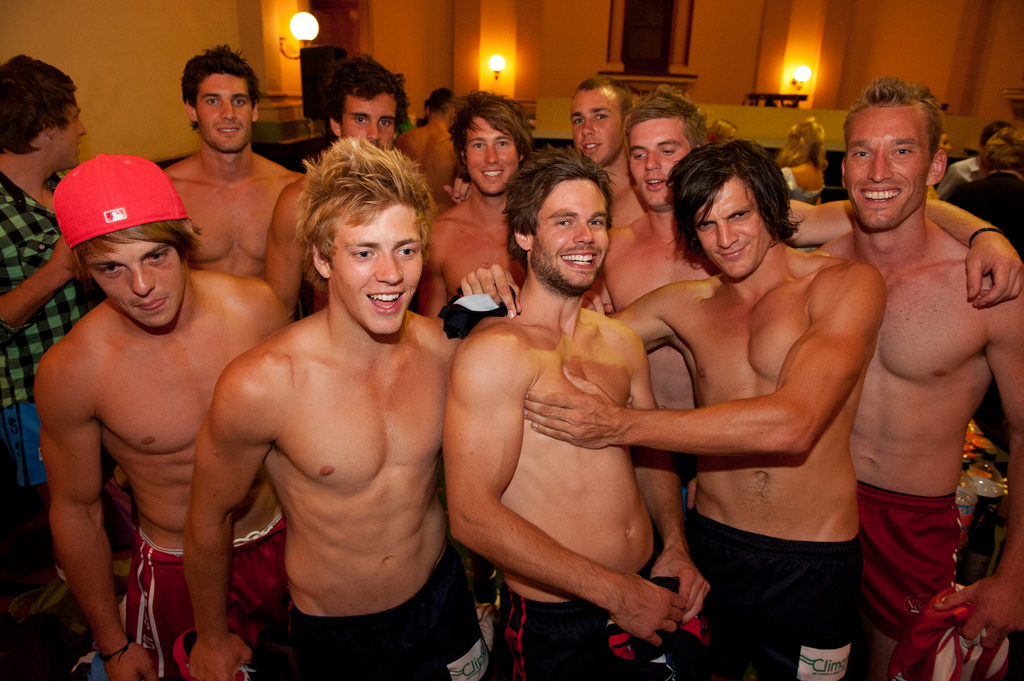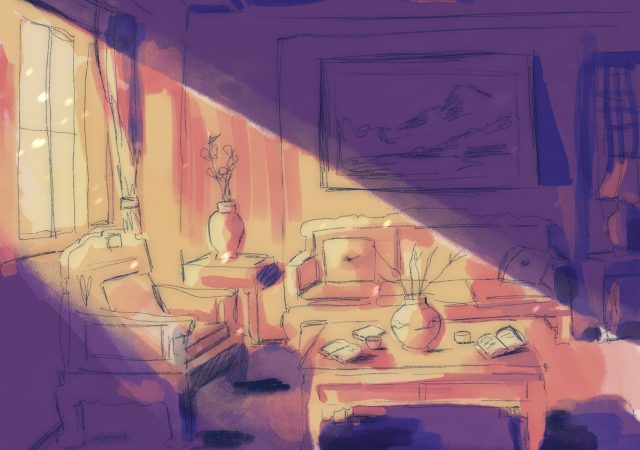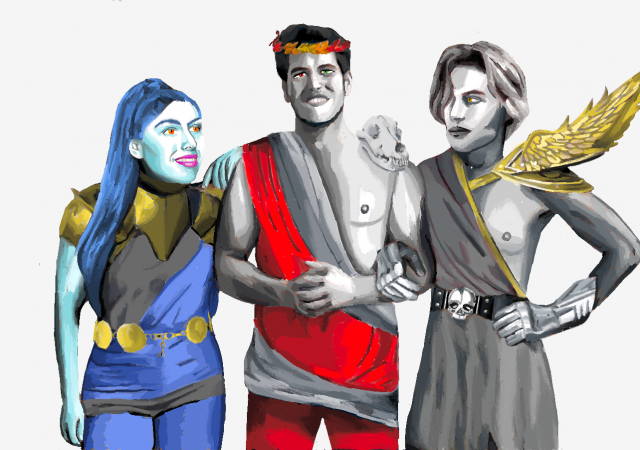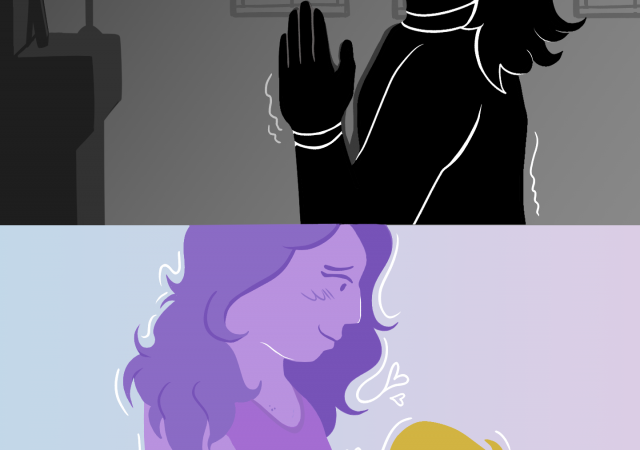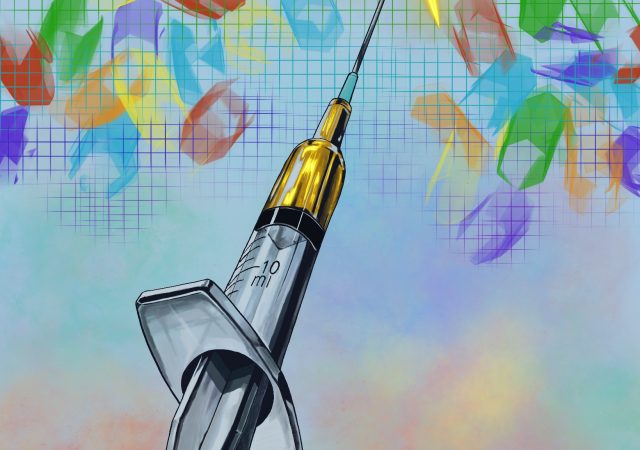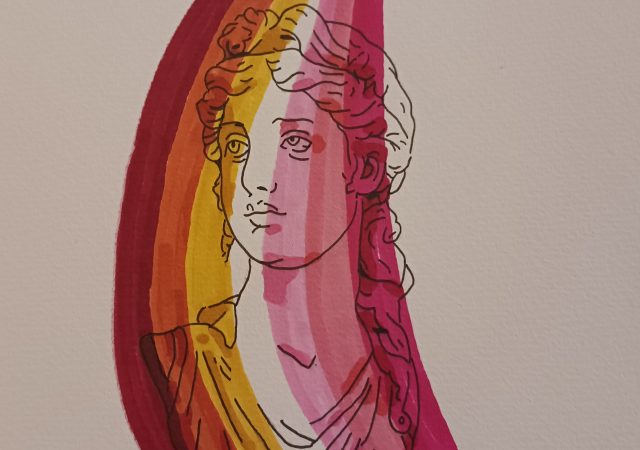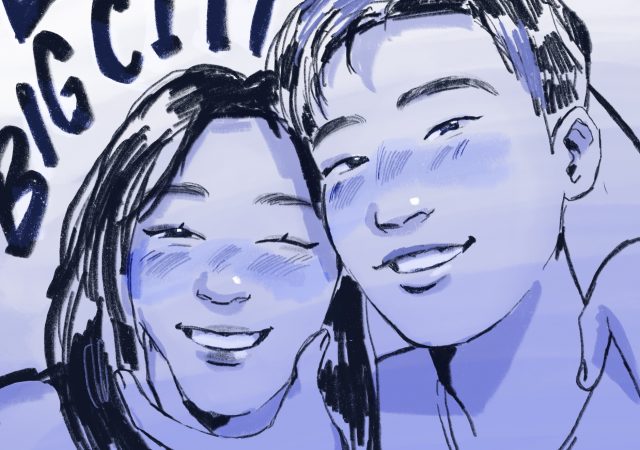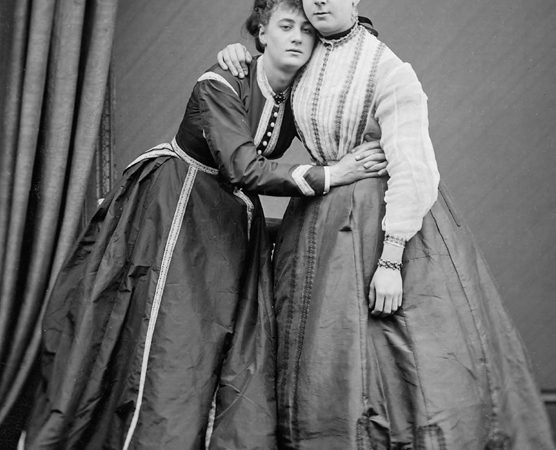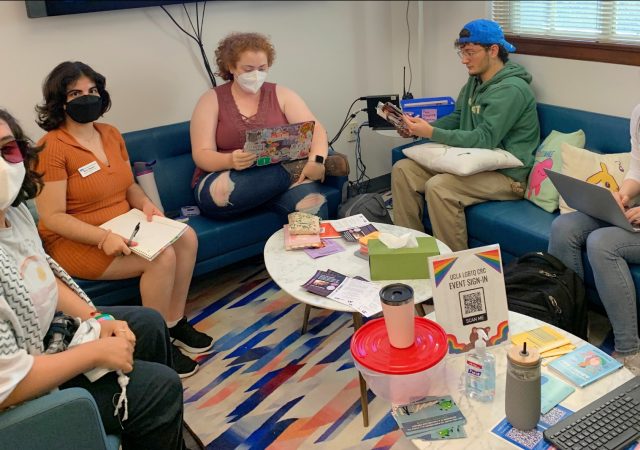The hardest part about being a Brown person who was socialized as a girl was enduring the constant jabs about my hair. I hit puberty at 9, which meant that there were years and years of constant insecurity about my hair. It was too much, too messy, and there was always hair in all the wrong places. The hair on my head was beautiful, thick, and long, but the hair on my body was ugly, thick, and wrong. As a Brown person, my facial and body hair were always under scrutiny, especially because my hair grew at faster rates (and was much thicker) than my other peers. I was tormented for my Frida Kahlo-like brows, for my arms that looked like a werewolf’s, for my body not being up to par with white, cishet beauty standards. One time, my aunt cruelly joked that she was going to gift me money for laser hair removal because the hair on my arms was too much for her.
“Filthy Animals”: An Exploration of Queer Sexuality and Masculinity
I recently read “Filthy Animals” by Brandon Taylor, which was released last year in 2021. I’d been looking to read more explicitly queer novels, ones that explored themes outside traditional YA themes. “Filthy Animals” is an exploration of queer sexuality and masculinity, a book that seems to understand the contradictions between all levels of queer identity. It is a book that aims to explore generational trauma, the past haunting its characters like an ambivalent ghost where the characters crave an intimacy they haven’t before.
Dear Gay Uncle Joe: Why do I like straight-acting guys?
Image by badjonni/Creative Commons Dear Gay Uncle Joe,Why, even in our community of gay men, is there a hierarchy between feminine and masculine men? It seems that gay men who act masculine are generally higher up on the totem pole…



